Using your phone in bed is bad for your health (and can ruin your sleep)
Blue light can damage your sleep, which increased your chance of heart failure. Ditch the phone for better sleep and longer life
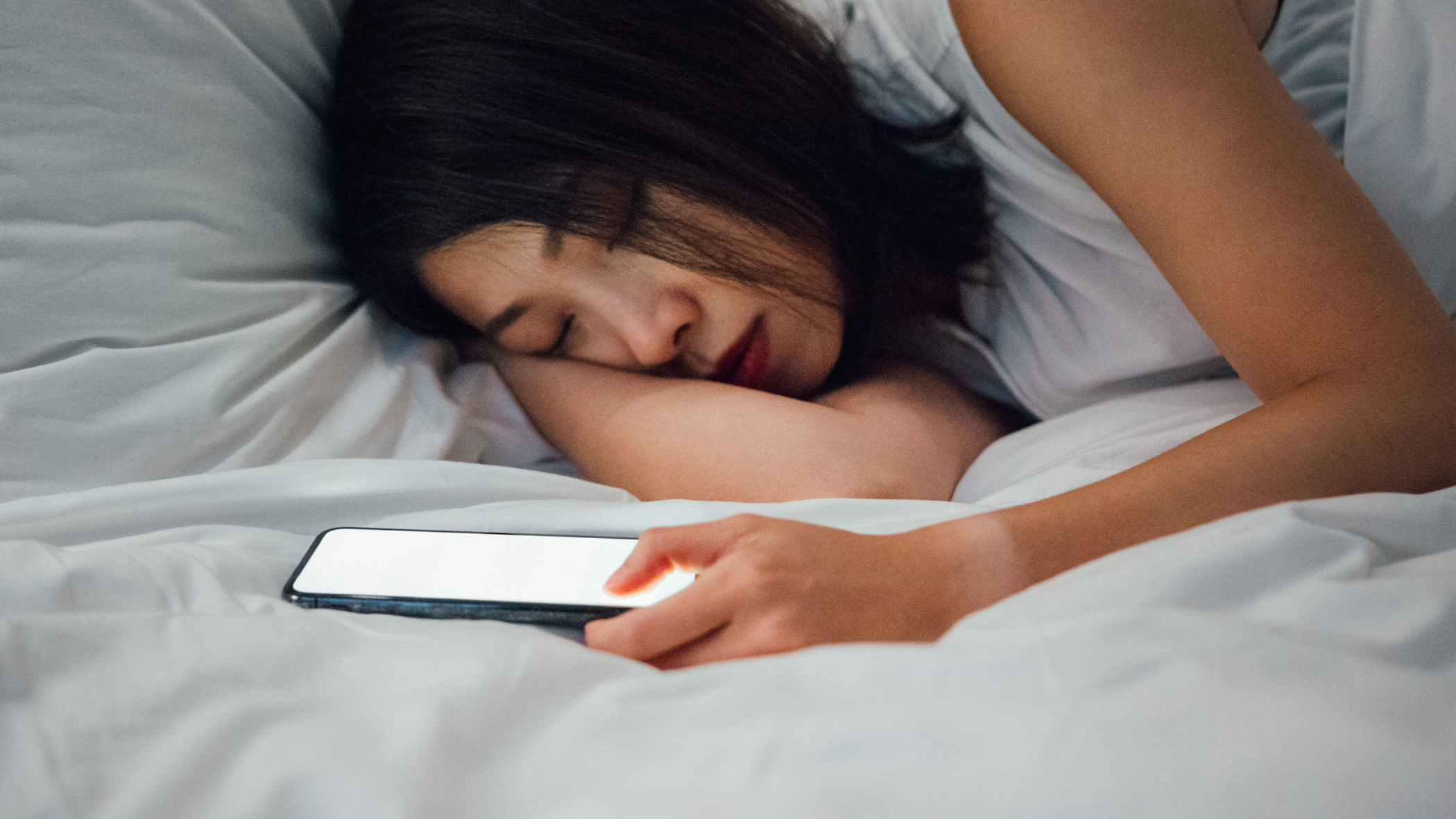

Are you struggling to sleep at night? You might consider changing a few things, such as picking up one of the best mattress toppers, or piping a soothing lavender scent through your best diffuser for essential oils. But the real culprit might be the highly addictive devices by our sides all day and all night. Whether you're clearing your inbox of work emails or you're surfing social media websites, lots of us keep scrolling past our bedtime, which can have serious ramifications for our health.
It's long been known that blue light from screens or smartphones can affect our sleep, but you might not know the extent of it. A report from Harvard Health found that blue light exposure suppresses melatonin, the "sleep hormone" in our bodies, in the same way sunlight does. Scrolling on your phone is equivalent to walking outside in the middle of the day when it comes to keeping ourselves awake.
All this melatonin suppression throws off our sleep patterns, preventing us from falling into deep sleep until much later at night. According to the Harvard report, this increases our blood sugar levels and suppresses another hormone, called leptin.
Leptin is a different kind of hormone which is released after a meal, signalling our brain to tell us when we're feeling full. If leptin is suppressed, our appetite increases, meaning we're likely to overeat.
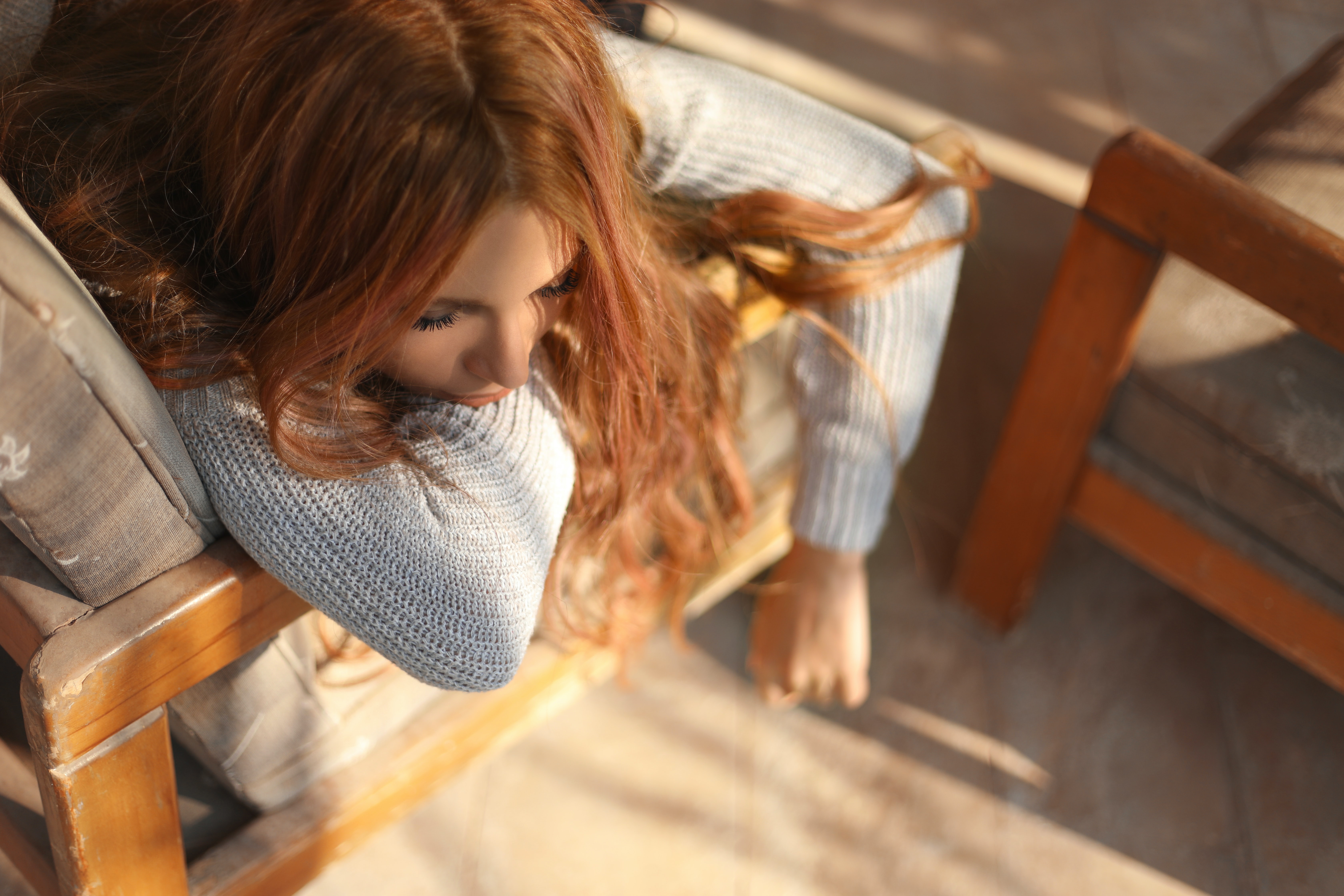
All these unhealthy sleep habits contribute to our risk of early death. Another report from researchers at the American Heart Association found unhealthy sleep patterns are far more likely to suffer heart failure than those with a healthy sleep routine.
Disturbed sleep patterns from phone use can lead to shorter sleep time, rising later and excessive daytime sleepiness, all of which are said to contribute to heart failure alongside snoring and insomnia.
The AHA studied 406,000 people, and after adjusting for diabetes, hypertension, medication use, genetic variations and other covariates, participants with the healthiest sleep pattern had a 42% reduction in the risk of heart failure compared to people with an unhealthy sleep pattern.
Get the Fit&Well Newsletter
Start your week with achievable workout ideas, health tips and wellbeing advice in your inbox.
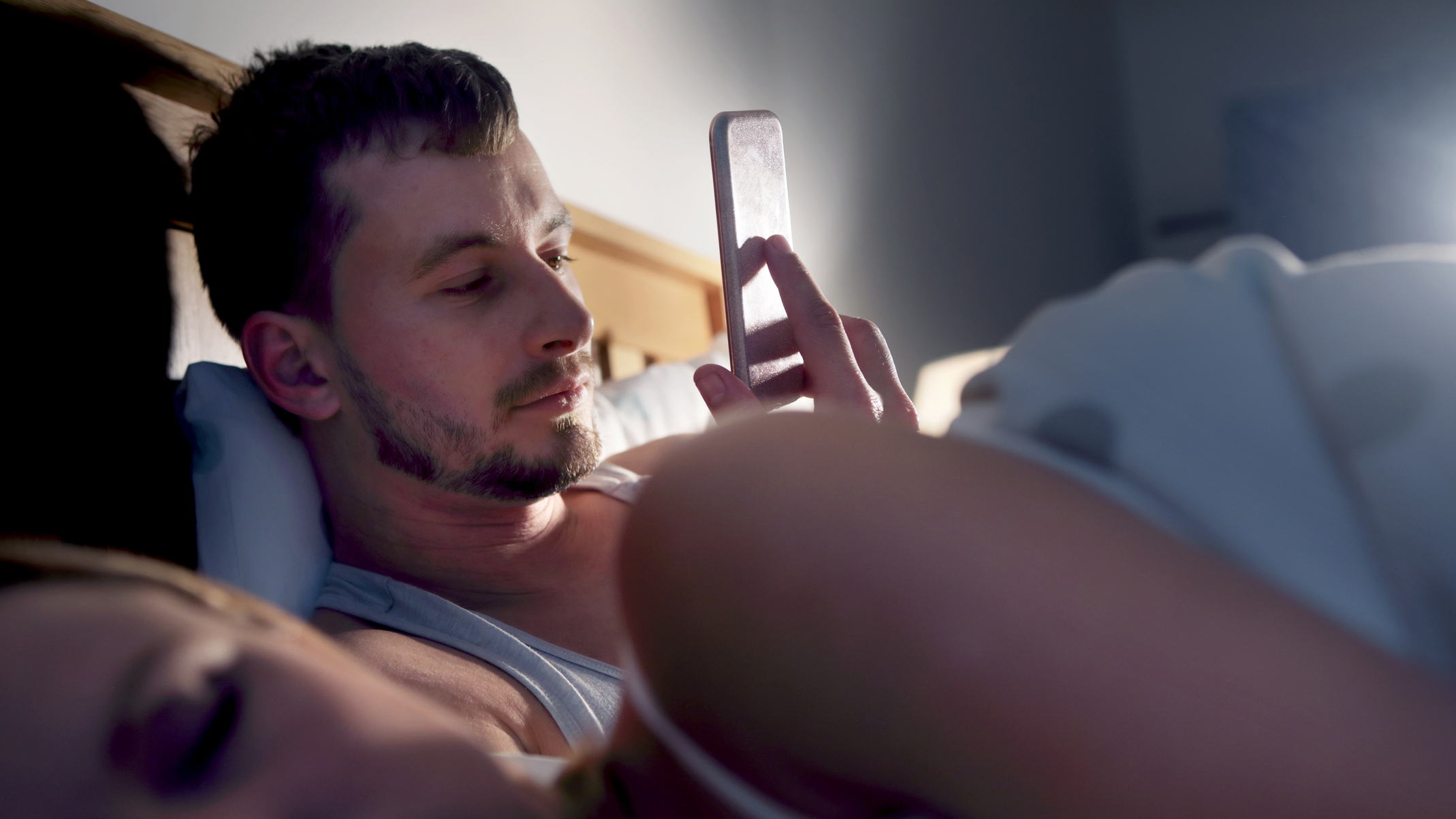
The takeaway is simple: to live longer, sleep better, and you won't sleep any better by exposing yourself to blue light in bed. Turn off your phone (if you use it as an alarm clock, place it on silent and face-down) at least one hour before bed, turning the ambient light lower so you can get your body ready to sleep.
You can remove temptation further by buying an alarm clock, allowing you to turn your phone off at night. Most of the best SAD lamps also act as alarms, using simulated sunlight to help you wake up more naturally.
One final tip is to try and get to sleep at the same time each night. Over time, a strict sleep schedule is said to to associate that time of the evening with sleeping, helping you to create new behavioural patterns in your brain.
Matt Evans is an experienced health and fitness journalist and is currently Fitness and Wellbeing Editor at TechRadar, covering all things exercise and nutrition on Fit&Well's tech-focused sister site. Matt originally discovered exercise through martial arts: he holds a black belt in Karate and remains a keen runner, gym-goer, and infrequent yogi. His top fitness tip? Stretch.
-
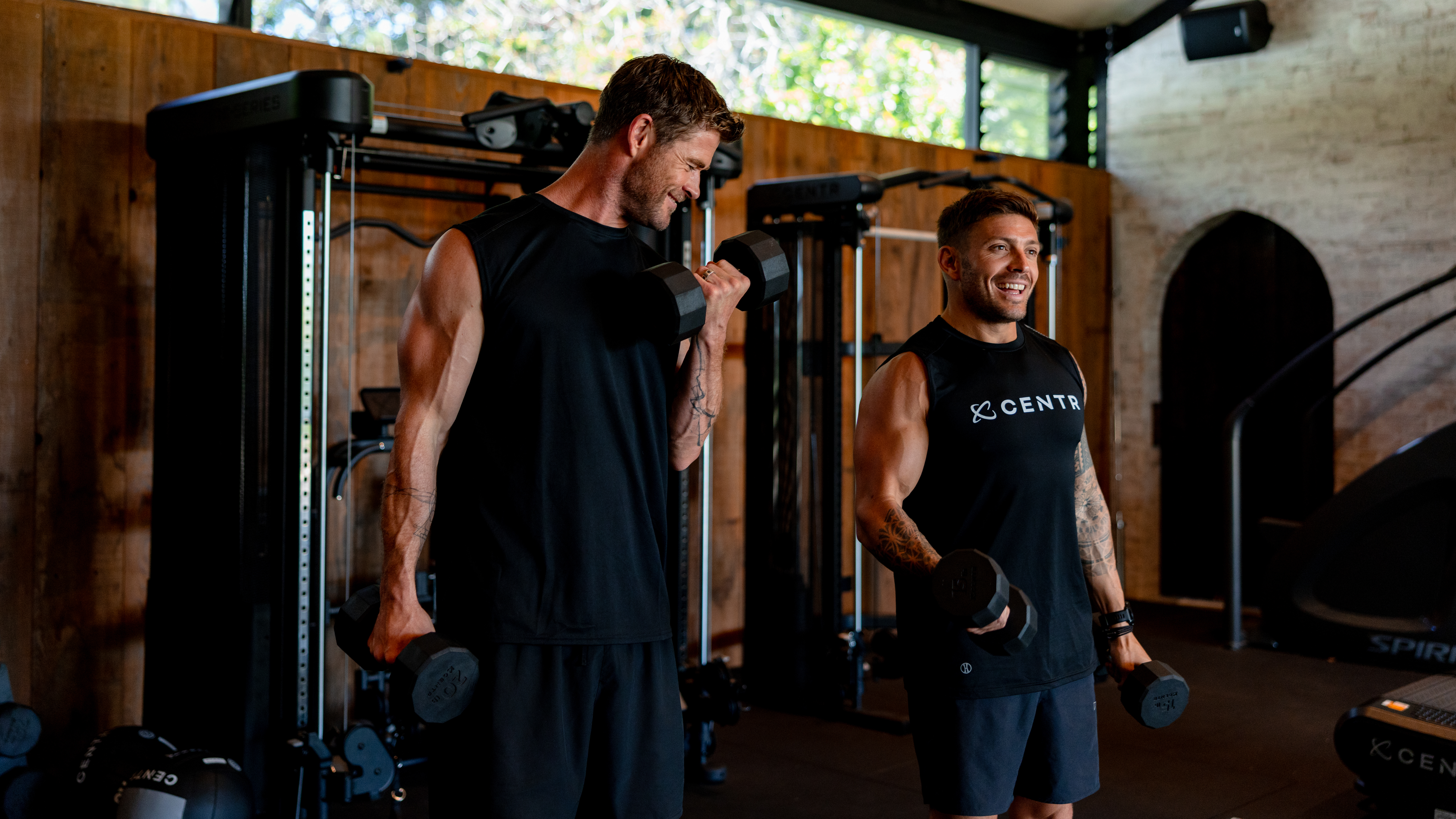 Build blockbuster arms and abs with Chris Hemsworth's go-to dumbbell circuit
Build blockbuster arms and abs with Chris Hemsworth's go-to dumbbell circuitAll you need are adjustable dumbbells and 20 minutes
By Sam Rider Published
-
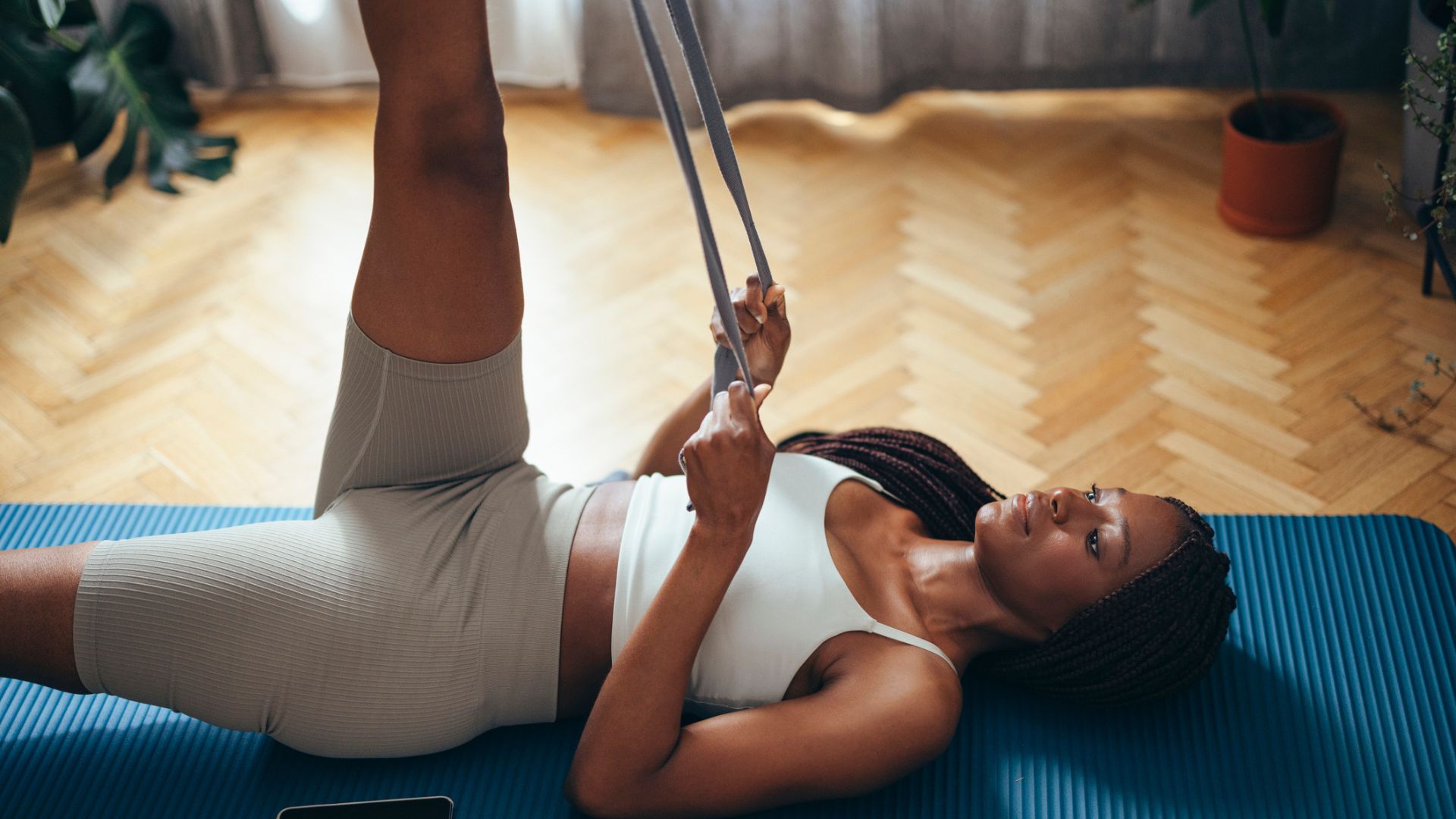 Forget crunches—if I wanted to improve core strength I'd do this neck-friendly Pilates workout
Forget crunches—if I wanted to improve core strength I'd do this neck-friendly Pilates workoutAnd it takes just five minutes
By Maddy Biddulph Published